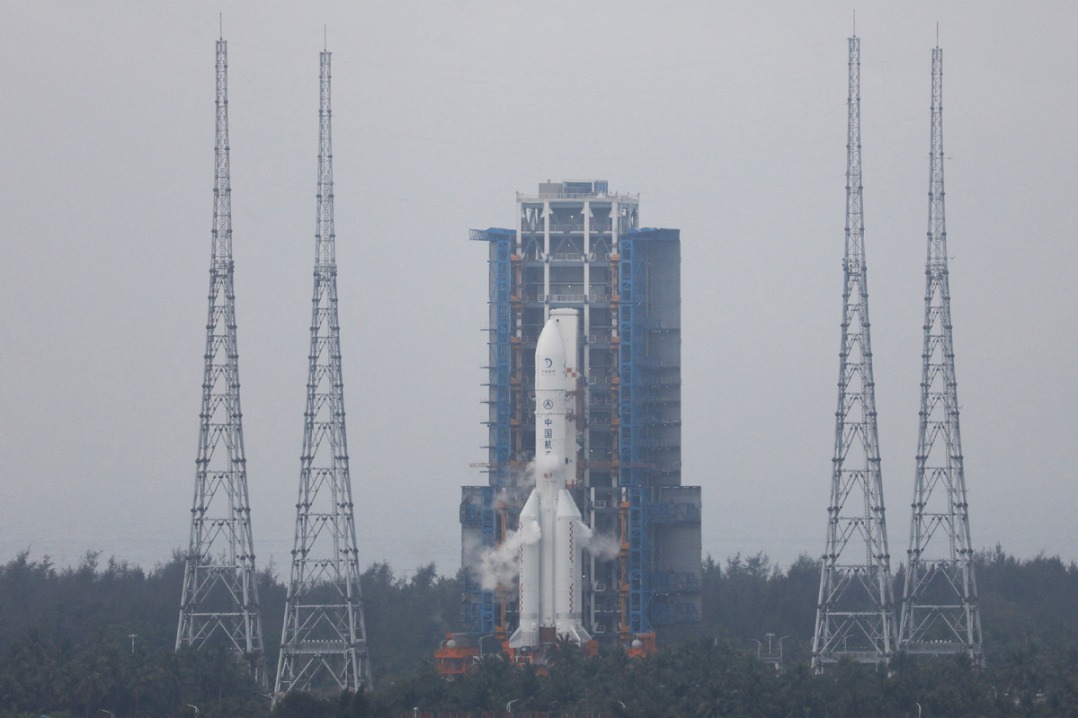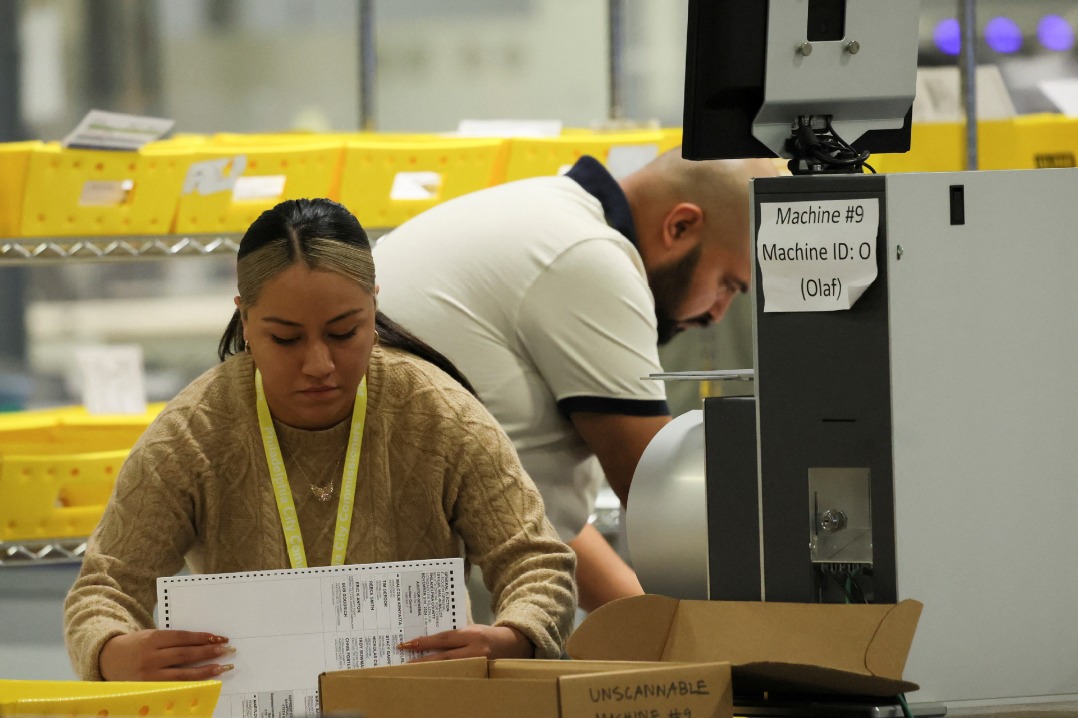Rationality urged for Japan in navigating relations with China

Japan and China should make a concerted effort to manage their bilateral relations with great care, strengthen communication between the governments, and engage in cooperation in various fields, politicians and observers told an event in Tokyo on Thursday marking the 45th anniversary of the signing of the Sino-Japanese Treaty of Peace and Friendship.
In the last 45 years, the power dynamics between Japan and China have greatly reversed, they said, and the international environment surrounding both countries, including the China-US relationship, has also undergone significant changes.
"As we celebrate the 45th anniversary of the Sino-Japanese Treaty of Peace and Friendship, our relationship is currently at a crossroads. We must hold on to rationality and hope," Yukio Hatoyama, former Japanese prime minister, told the audience.
"It's crucial to take into account each other's perspectives. Rather than disliking each other due to differing values and systems, it's important to acknowledge differences, mutual respect and mutual understanding."
He also highlighted the importance of addressing the Taiwan Strait situation.
"Japan should uphold its constitutional commitment to renounce war and confirm its adherence to peaceful dispute resolution and nonuse of force. The Japanese government also needs to respect the position that Taiwan is a part of China, as outlined in the Sino-Japanese joint statement inked in 1972, and refrain from supporting Taiwan separatists," he said.
US-led encirclement
Takakage Fujita, director-general of a civil group dedicated to upholding and developing the well-known Murayama Statement, called for Japan to restore a normal and friendly neighboring relationship with China, instead of blindly following the United States and rushing headlong into an anti-China encirclement under the pretext of a "Taiwan contingency".
Following the US, Japan began regulating cutting-edge technology exports to China under the pretext of economic and security concerns. Fujita said this goes against Japan's national interests in the long run.
"I want to contemplate how the relationship between Japan and China in the 21st century should be. We must ask ourselves: Is it right to continue to depict China as a hypothetical enemy and move steadily toward war preparations?" Fujita said.
"China is not an enemy. It's our largest trading partner. And true security for Japan lies in a strong friendship with China."
Chinese Ambassador to Japan Wu Jianghao said the two countries must firmly grasp the correct direction of peace, friendship and cooperation.
China and Japan signed a treaty named after peace and friendship due to the shared experience of a war history inflicted by Japanese militarism that caused suffering to both nations, Wu said.
"Today, 45 years later, some individuals within Japan seem to have forgotten the lessons of history. They propagate the idea of a 'China threat', incite tensions in the Taiwan Strait, and even threaten to enhance their military deterrence, embracing a dangerous rhetoric. Succumbing to such misleading notions could lead Japan astray once again," he said.
"In the current context, enhancing people-to-people exchanges to promote mutual understanding is of paramount importance."
Starting from Thursday, China will fully resume group tours of Chinese tourists to Japan, and welcome more Japanese people to visit China. Wu added that measures to facilitate visa issuance are being optimized.

































